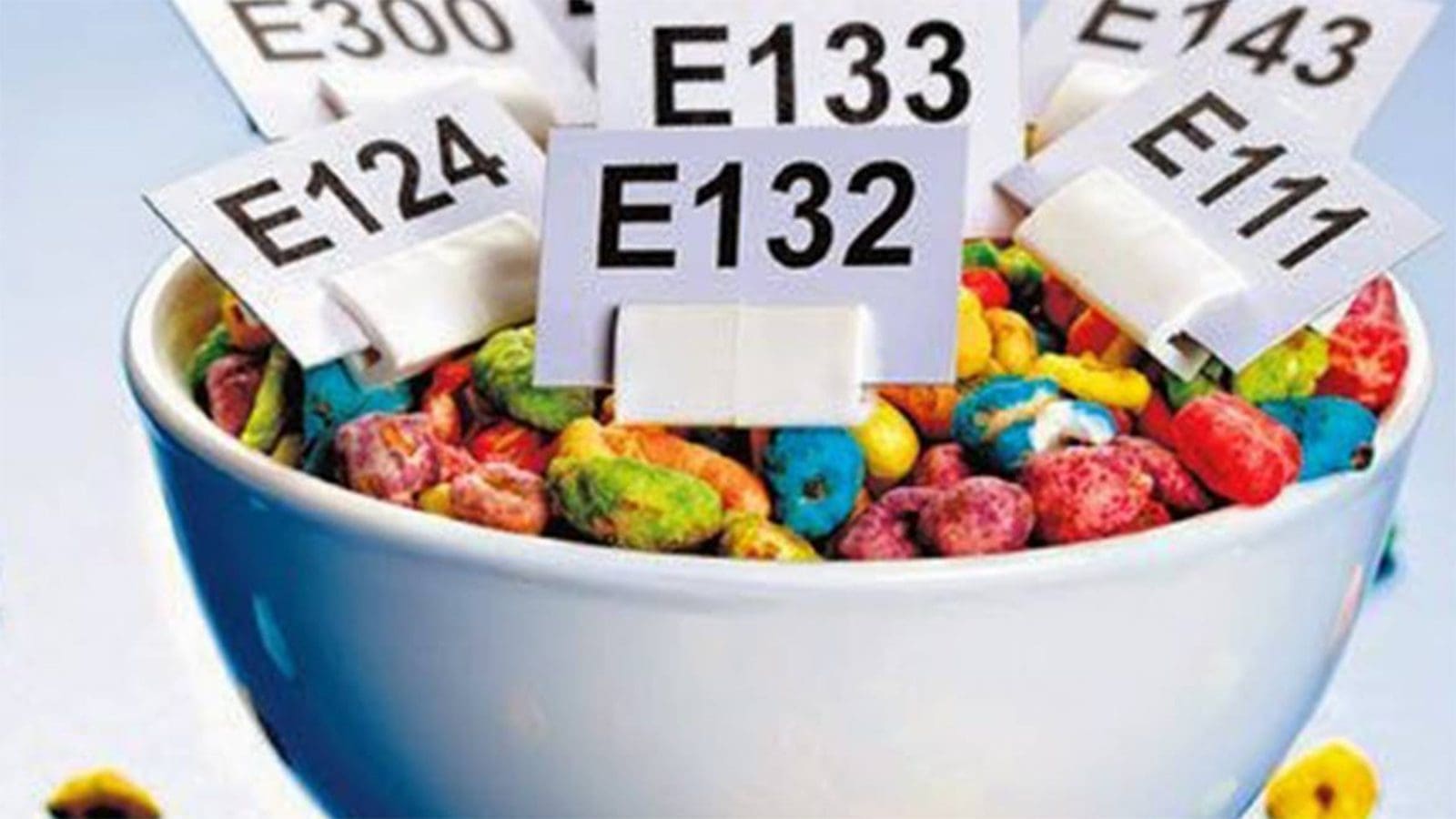UGANDA – The Uganda National Bureau of Standards (UNBS) has commenced the enforcement of standards on food additives in response to recent claims on the use of dangerous chemicals added to food.
The World Health Organization (WHO) defines food additives as substances that are added to food to maintain or improve the safety, freshness, taste, texture, or appearance of food are known as food additives.
According to UNBS, the first step is to educate the parties involved on how to apply the substances in the production processes or how to recognize them before importing or purchasing them from the supplier.
Recently, claims of harmful chemicals or compounds being added to meat and grasshoppers have surfaced. Others have even asserted that the users are actually adding formalin, which is used to embalm dead bodies.
Patricia Ejalu, the Deputy Executive Director of UNBS, claimed that as technology advances, businesses become more inventive to compete in the market, and as a result, some undesirable tactics are being employed.
This has necessitated some new developments in the standards to ensure consumer safety and the survival of the export markets.
“While it is okay to be innovative, there have to be limitations in regard to what one is producing for the consumption of human beings,” she said during a meeting with the business community.
According to her, although certain additives are created with different and beneficial goals, they can be utilized incorrectly, whether on purpose or accidentally, resulting in negative outcomes.
Some traders wanted to know why certain persons are punished even though their products contain ingredients that are safe for human consumption.
Moses Matovu, a Senior Certification Officer at UNBS, countered that each additive is allowed for usage in a particular product since the various products are made from a diverse range of ingredients that might not mix safely with certain additives.
Yet, he asserts that the fundamental issue with importers and producers is that they pay little attention to labeling their products.
According to Matovu, labels should be the consumer’s first line of defense, and each pack should make it abundantly apparent what kind of additive it contains.
The Codex Alimentarius Commission also establishes standards and guidelines on food labeling. These standards are implemented in most countries, and food manufacturers are obliged to indicate which additives are in their products.
Among the details, the enforcers will be looking for on the package are the name, shelf life, any additional additives or components, storage, and name and address, according to Matovu.
Currently, the production and distribution of additives are regulated by the US45 2019 General Standard on Food Additives.
All additives released for usage, according to Rehma Meeme, Senior Standards Officer at UNBS, must be justified as to why they were developed, or else there must be a justification or additional benefit they provide when the food or drink is consumed.
The producer must specify which categories of persons may not drink a certain ingredient or the maximum amounts that should not be consumed by consumers because different additives, even those that have been given the go-ahead for consumption, may have varied effects on various individuals.
The Codex Alimentarius Commission (CAC) also establishes standards and guidelines on food labeling. These standards are implemented in most countries, and food manufacturers are obliged to indicate which additives are in their products.
For all the latest food safety news from Africa and the World, subscribe to our NEWSLETTER, follow us on Twitter and LinkedIn, like us on Facebook and subscribe to our YouTube channel.








